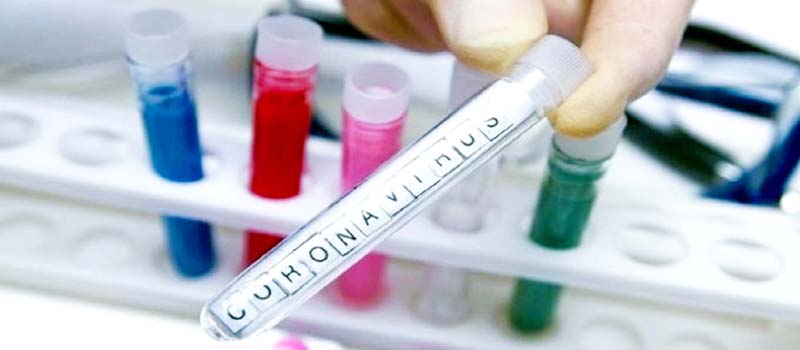NEW DELHI, Apr 2:
The Health Ministry on Thursday asked state and Union Territories to identify and earmark at least one hemodialysis facility with adequate number of machines, trained staff and other support equipment as a preparatory fixed-point dialysis unit in case of rise of COVID-19 epidemic.
In its ‘Guidelines for Dialysis of COVID-19 patients’, the Ministry said Health Departments may issue directives to district administrations allowing easy movements of such patients, accompanied by one attendant, to a dialysis facility.
The number of COVID-19 cases climbed to 1,965 in the country on Thursday while the death toll rose to 50, according to the Union Health Ministry. It said the Government-run transport system should be arranged for those who do not have private vehicles. The Ministry said COVID-19, a disease caused by a novel coronavirus (SARS CoV-2), is currently a pandemic, which produces high morbidity in the elderly and in patients with associated comorbidities. “Chronic kidney disease stage-5 patients on dialysis are also vulnerable group because of their existing comorbidities, repeated unavoidable exposure to hospital environment and immunosuppressed state… These patients are therefore not only more prone to acquire infection but also develop severe diseases as compared to general population,” it said. The guidelines stressed that patients on regular dialysis should adhere to prescribed schedule and not miss their dialysis sessions to avoid any emergency dialysis. The guidelines outlined that dialysis units should have a signboard posted prominently in the local language as well as Hindi and English asking patients to report any fever, coughing or breathing problem in dialysis unit and waiting area. All hemodialysis units should educate their personnel, including nephrologists, nurses, technicians, other staff and all patients undergoing treatment along with their caregivers about COVID-19, it said. All universal precautions must be strictly followed and all staff members should strictly follow hand hygiene, the guidelines stated, adding medical and support staff treating infected patients should be monitored for COVID-19 infection at the dialysis facility and should take necessary action if found infected. The ministry recommended that dialysis units should have a designated screening area, where patients can be screened for COVID-19 before allowing them to enter inside dialysis area. It said the screening area should have adequate space to implement social distancing between patients and accompanying persons while waiting for dialysis staff. It also recommended that every patient should be asked about symptoms suspected of COVID-19, history of contact with a diagnosed case of coronavirus infection and history of contact with person who has had recent travel to foreign country or from high COVID-19 prevalence area within the country as notified by the central and state/UT Governments respectively.
Inside the dialysis unit, the guidelines stated that suspected or positive COVID-19 patients should properly wear disposable three-layer surgical mask throughout dialysis duration and patients should maintain hand hygiene, follow cough etiquettes, like coughing or sneezing using the inside of the elbow or using tissue paper.
For the Dialysis Staff, the ministry said the unit staff should make sure an adequate stock of masks and sanitizers are available in screening area to provide to the patients and accompanying person if necessary.
“During dialysis, it should be ensured that a patient or staff in a unit does not become the source of an outbreak and the dialysis personnel, attendants and caregivers should also wear a three-layer surgical facemask while they are inside dialysis unit,” it said.
It said all patients with suspected or positive COVID-19 be dialyzed in isolation. The isolation ideally be in a separate room with a closed door, but may not be possible in all units.
“The next most suitable option is the use of a separate shift, preferably the last of the day for dialyzing all such patients. This offers the advantage of avoiding long waiting periods or the need for extensive additional disinfection in between shifts. “The next suitable option is to physically separate areas for proven positive and suspected cases. Where this is also not possible, we suggest that the positive or suspected patient may be dialyzed at a row end within the unit ensuring a separation from all other patients by at least 2 meter,” it said, adding staff caring for suspected or proved cases should not look after other patients during the same shift. The ministry urged the dialysis staff to use personal protective equipment (PPE) when dealing with proven or strongly suspected patients of COVID-19. (PTI)
Trending Now
E-Paper


